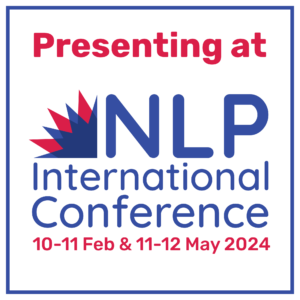What are psychological games and why do people play them with us?
Children need attention (and love) and when they don’t receive this, they develop strategies to gain negative attention by making their parents angry or worried. This approach to gaining attention becomes more sophisticated as people grow older and they start to use more elaborate strategies. These strategies are psychological games.
In his seminal book Games People Play published in 1961, Eric Berne stated that a game is “superficially rational” and listed various examples that lead to the creation of Karpman’s Drama Triangle (playing a role as a Victim, Rescuer or Persecutor).
An example from the book, explained in the video above is the game, ‘What don’t you? Yes, but’. In this game a person approaches you and asks a rational question about a problem in their life they want help to solve. You take this at face value, as the problem seems rational, however after a few minutes you notice that they are arguing against all the excellent advice you are giving.
Why are they playing these psychological games with you? The truth is they don’t want you to solve their problem; they want to gain energy from a dramatic interaction with you, where you become heated and frustrated.
I believe we all play psychological games to some extent; however, when a person lacks positive human connection in their life, this type of behaviour can become the only way for them to gain connection (which is essential for psychological survival). When someone learns about games, and realises they are doing it themselves, it can lead to new and more positive approaches.
Sadly, playing these games will ultimately lead to alienating people, or creating unhealthy relationships where both parties are getting something out of these energy draining rituals.
Frustrating relationships at work or elsewhere can take up a disproportionate amount of our emotional energy and are highly counter-productive. In our NLP and Coaching Training course we include games from Transactional Analysis as I think it adds a ‘street smart’ dimension to understanding people’s motives. Helping ourselves (and our clients) understand these types of relationships can be extremely valuable.
Did you like this Blog?
Sign up to our newsletter to receive course updates and new blogs in your inbox
Look at our upcoming courses and events









